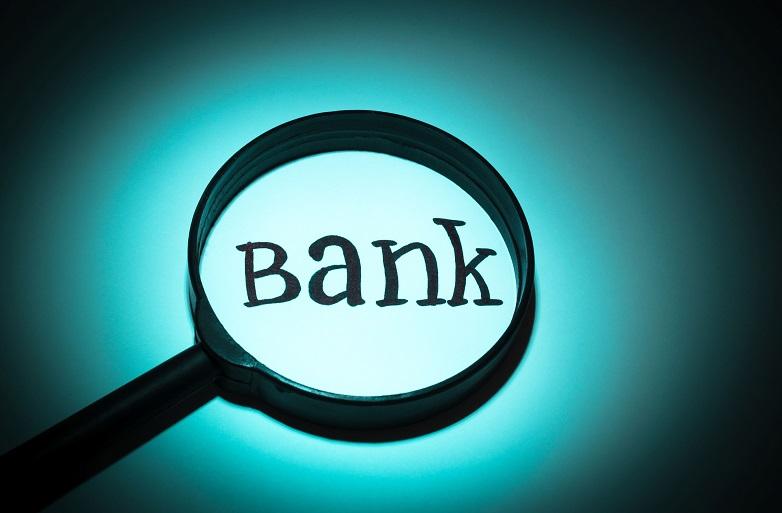
According to the Department of the Treasury, its Office of Foreign Assets Control (OFAC) has reached the largest ever settlement, totaling $963 million, for OFAC sanctions violations. This OFAC settlement (pdf) was part of a “combined $8.8 billion settlement with federal and state government agencies,” including OFAC, the U.S. Department of Justice, the New York County District Attorney’s Office, the Federal Reserve Board of Governors, and the Department of Financial Services of the State of New York.
BNP Paribas SA (BNPP) is a French Bank, in fact the largest in France, and is also one of the five largest banks operating worldwide. Although it is headquartered in Paris, it has a number of subsidiaries and branches in different parts of the world. Of interest to OFAC were two branches in particular, one in New York (BNPP New York) and one in Geneva, Switzerland (BNPP Geneva).
The Facts Behind the Violations
According to the factual statement from the Supreme Court of New York (pdf), which was stipulated to by both the prosecution and BNPP, the bank was engaged in a conspiracy with banks and persons in Sudan, Iran, and Cuba. This conspiracy took place “from at least 2004 up through and including 2012.” These parties “intentionally and willfully [moved] at least $8 billion through the U.S. financial system on behalf of Sanctioned Entities in violation of U.S. Sanctions laws.” See Factual Statement (linked above).
OFAC Sanctions currently prohibit financial transactions with Sudan (31 CFR Part 538), Iran (31 CFR Part 560), and Cuba (31 CFR Part 515), as well as many entities and individuals on the SDN List related to those nations. The United States does not have jurisdiction over foreign banks outside the U.S. financial system. Once those non-U.S. banks begin working within the U.S. financial system, however, the transactions must adhere to OFAC’s sanction laws. In this case, BNPP purposefully structured the financial transactions to obfuscate, conceal, or altogether omit the names of the sanctioned nations and entities. In this way, BNPP was able to use its New York branch and accounts of un-sanctioned regional banks across the world as clearing houses.
This case was deemed particularly egregious by U.S. authorities because of the alleged willfulness of the violations and other aggravating factors. One such factor is the fact that BNPP and at least one member of its senior management were aware that its conduct likely constituted violations of OFAC sanctions and U.S. law. To circumvent the sanctions, BNPP employees would frequently remove the names from transaction invoices and even in email exchanges and subject lines, such as:
- “Due to the US embargo on Sudan, please [debit our U.S. dollar account] without mentioning our name in your payment order”
- “ATTENTION: US EMBARGO”
- “! Payment in $ to [French Bank 1] without mentioning Sudan to N.Y.!!!”
BNPP Geneva also played a major role in the OFAC sanctions violations. Sudanese clients –most notably, Sudanese banks — would allegedly funnel U.S. dollars out of Sudan by transferring the money to a BNPP Geneva account maintained by an unaffiliated, non-Sudanese, non-U.S. bank (called “satellite banks”). The satellite banks would then transfer the money to the intended recipient in the U.S., all without mentioning that the money was coming from Sudanese accounts. According to OFAC, a similar process was developed to allow sanctioned entities to receive U.S. dollars through the U.S. financial system. Although compliance officers warned BNPP Geneva executives that this activity likely violated OFAC sanctions, BNPP Geneva proceeded with this conduct for years without “voluntarily self-disclosing” the violations.
Mitigating Factors
At the same time, BNPP benefited from several mitigating factors by cooperating fully with the OFAC investigation (among the other state and federal investigations). This included conducting an extensive internal investigation and taking remedial action to address the deficiencies in BNPP policy that led to these violations.
BNPP’s cooperation was not, however, unexpected. The state and federal agencies investigating BNPP’s violations brought enormous pressure to bear on the French bank. One unexpected but significant source of this pressure was likely Benjamin Lawsky, a New York banking regulator with the power to strip a bank of its license to do business in New York. New York is so important to international finance that losing one’s New York charter could be a death knell for even large banks like BNPP.
Still, this demonstrates the importance of voluntarily self-disclosing conduct that may constitute OFAC violations. The systemic and prolonged practice of circumventing OFAC sanctions was a very serious violation in itself. But, BNPP’s reckless disregard for the legality of its actions and efforts to conceal the nature of its conduct are particularly egregious. Even when warned by compliance officers, BNPP Geneva took no steps to remedy their conduct, only to hide it.
Disclaimer: Blog posts should not be relied upon as legal advice and are only provided for informational purposes. Information contained in blog posts may also become outdated with the passage of time as laws change and U.S. foreign policy and national security objectives evolve.

